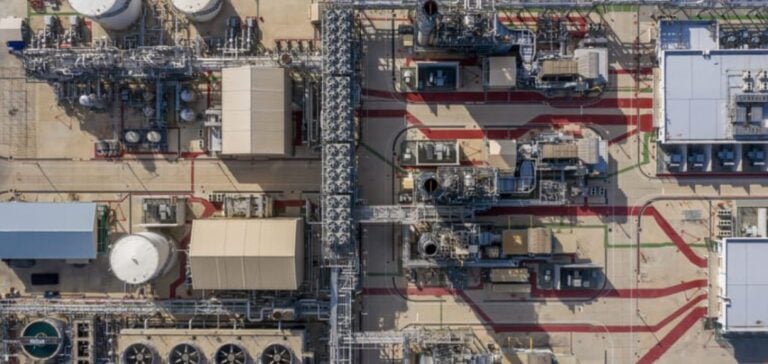A strategic partnership for the energy transition
French energy company Engie and Australian investor Macquarie Asset Management have announced a partnership to extend the Mayakan pipeline into Mexico. The aim of this ambitious project is to double natural gas transmission capacity in the Yucatán peninsula, crossing the states of Chiapas, Tabasco, Campeche and Yucatán. The collaboration, formalized on Thursday, aims to accelerate the region’s energy transition while significantly reducing its carbon footprint.
According to a source close to the deal, Macquarie will acquire a 50% stake for $360 million in the construction of a 700-kilometer gas pipeline. This extension will reduce the carbon footprint by 7.4 million tonnes of CO2 equivalent per year, demonstrating both companies’ commitment to cleaner, more sustainable energy. In addition to reducing carbon emissions, Mexico is also developing its green hydrogen production, as demonstrated by Aslan Energy’s project in Sonora.
Investment and shared governance
The project, valued at $3 billion on completion, will be managed by the asset operating company, known as Mayakan System. Engie and Macquarie will share governance of this entity, ensuring collaborative and efficient management of the project. This partnership reflects a growing trend towards collaboration between major energy companies and institutional investors to finance critical infrastructure and support the global energy transition.
In November 2022, Comisión Federal de Electricidad (CFE), Mexico’s national electricity company, had already signed an agreement with Engie for the extension of the Mayakan gas pipeline. This initiative is part of a series of efforts by Mexico to modernize its energy infrastructure and improve the reliability of its natural gas supply.
Financial advisors and international support
For this transaction, Engie was advised by BofA Securities and Sumitomo Mitsui Banking Corporation, while Macquarie received financial advice from Rothschild. This international collaboration underlines the strategic and economic importance of the project, which enjoys significant support from the global financial community.
The Yucatán Peninsula, a key region for the Mexican economy, will benefit greatly from the increase in natural gas transportation capacity. The strengthened infrastructure will not only contribute to the region’s energy stability, but also promote cleaner energy sources, aligning Mexico’s efforts with global targets for reducing carbon emissions.






















